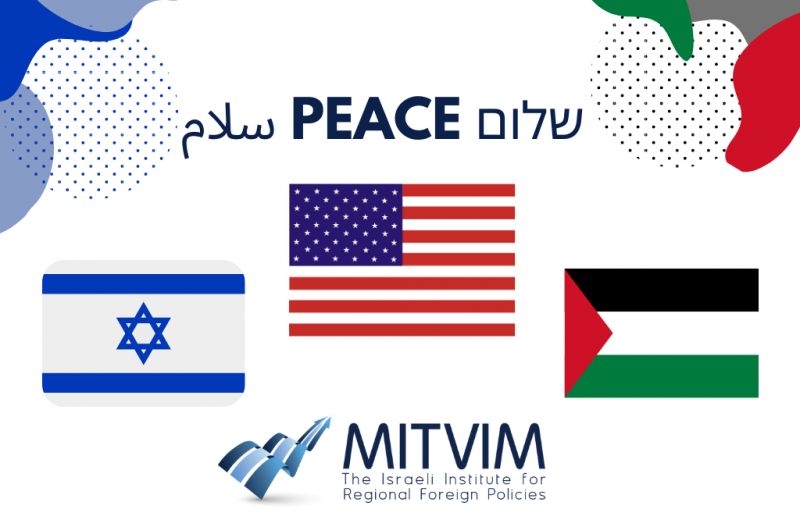 Policy Papers and Reports
/ The Israeli-Palestinian Peace Process
Policy Papers and Reports
/ The Israeli-Palestinian Peace Process
This document presents recommendations for initial policy steps that the Biden Administration can take to advance Israeli-Palestinian peacemaking. It describes the current state of play in the Israeli-Palestinian conflict as Biden takes office, identifies nine key goals for the new administration in advancing peacemaking, and outlines concrete policy steps for their implementation.
These are the goals outlined in the document: (1) Highlighting the importance of resolving the Israeli-Palestinian conflict; (2) Renewing ties and building trust with the Palestinian leadership; (3) Emphasizing US commitment to the two-state solution and formulating parameters for a final-status agreement; (4) Preserving the feasibility of the two-state solution and drawing red lines; (5) Leading multilateral steps, such as creating a new international mechanism and an incentives package; (6) Leveraging Israeli-Arab normalization to advance the peace process; (7) Improving the situation in Gaza and ending the internal Palestinian divide; (8) Empowering pro-peace Israeli and Palestinian actors, including in civil society; (9) Setting a constructive tone to relations with the Israeli leadership and public.
The document is the product of a Mitvim Institute task-team comprised of (in alphabetical order) Kamal Ali-Hassan, Dr. Ehud Eiran, Dr. Nimrod Goren, Merav Kahana-Dagan, Dr. Roee Kibrik, Dr. Lior Lehrs, Gabriel Mitchell, Prof. Elie Podeh, former MK Ksenia Svetlova, Nadav Tamir and Yonatan Touval. The recommendations were presented for feedback to Mitvim’s Palestinian partners. This document adds a local perspective of pro-peace Israeli experts to the international discussion on Biden’s anticipated policies in the Middle East. Its basic premise supports the advancement of Israeli-Palestinian peace based on a two-state solution as a vital Israeli interest. The document seeks to balance between acknowledging existing challenges and the desire to outline an ambitious vision for a future of peace.


